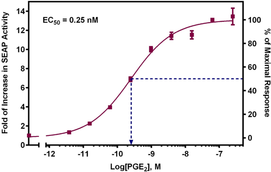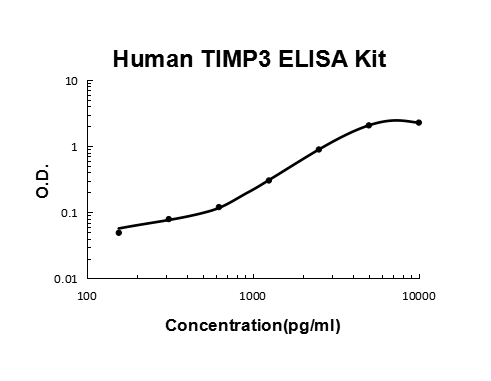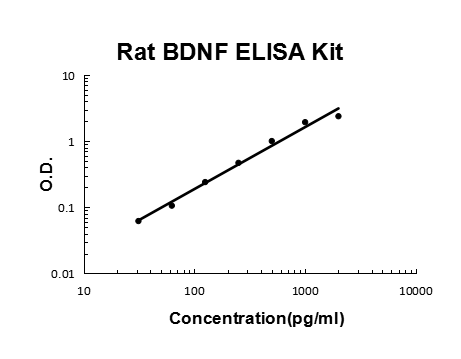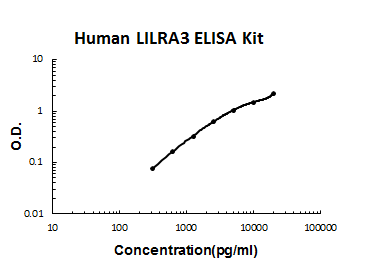Description
PGE2 is one of the most important biologically active prostanoids which exerts its actions mainly by binding to four distinct E-type prostanoid receptors: EP1, EP2, EP3, and EP4. These four GPCRs exhibit differences in signal transduction mechanisms, tissue localization, and regulation of expression. EP4 receptors are highly expressed in the intestine, but are found in lower levels in the lung, kidney, thymus, uterus, and brain. The receptors are primarily coupled to Gs to stimulate the cAMP second messenger signal transduction pathway. EP4 receptors play important roles in relaxation of smooth muscle, gastric acid secretion, intestinal epithelial transportation, adrenal aldosterone secretion, uterine functions, bone formation, bone resorption, immunity, and inflammation. They have been suggested to involve in colorectal carcinogenesis, neuroprotection in excitotoxic brain injury, and cardiac hypertrophy. The diverse effects of PGE2 via EP4 receptors point to the need to identify novel agonists, antagonists, and modulators, both to further elucidate the function of this receptor subtype and for use as therapeutics for various diseases.
Formulation:
Formal name:
Synonyms: PGE2 Receptor 4|Prostaglandin E2 Receptor 4
Host:
Imunogen:
Applications:
Clone:
Purity:
Origin:
Application|Cell-Based Assay||Application|Chemiluminescence||Application|High-Throughput Screening||Application|Reverse Transfection Reporter Assay||Product Type|Assay Kits|Cell-Based Assays|Reverse Transfection||Research Area|Lipid Biochemistry|Cyclooxygenase Pathway




